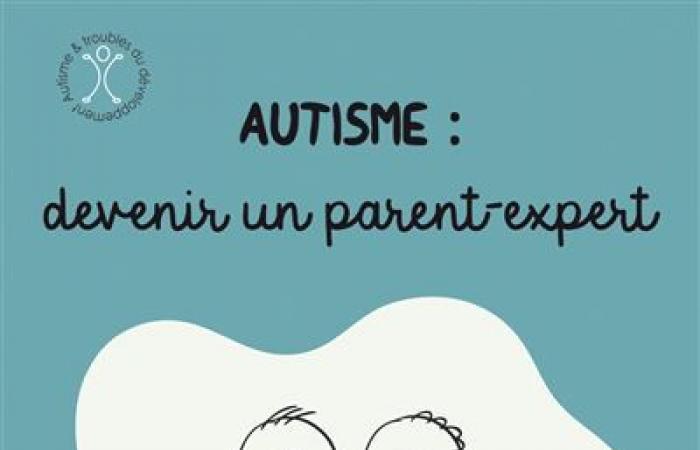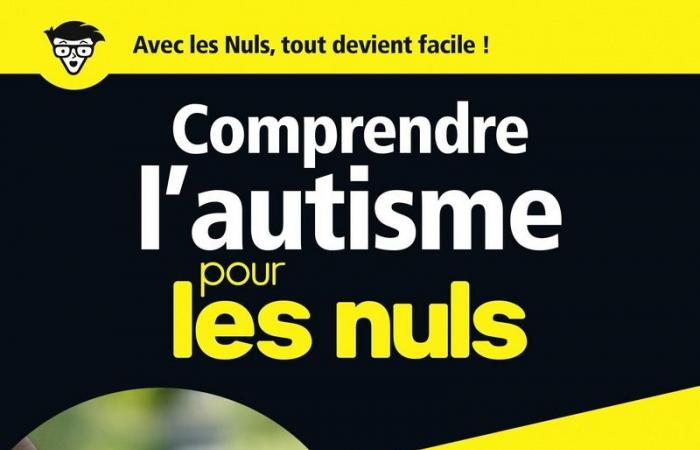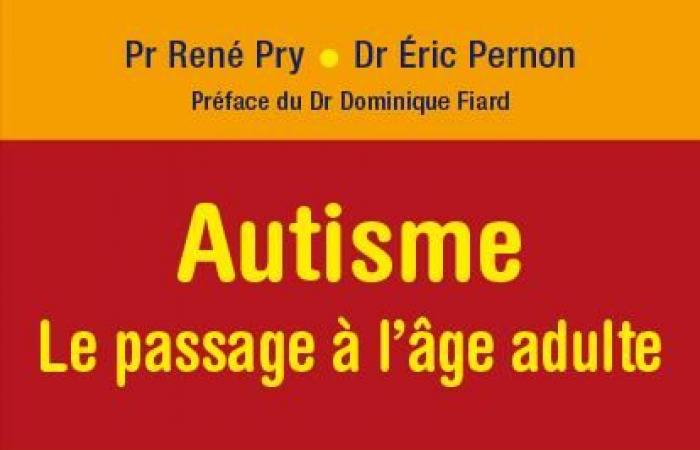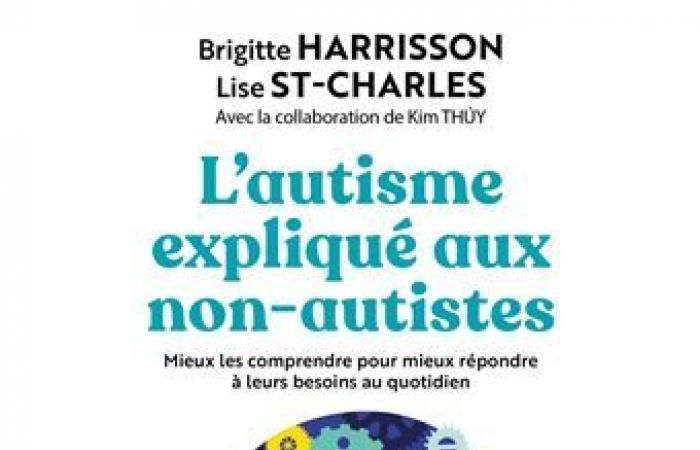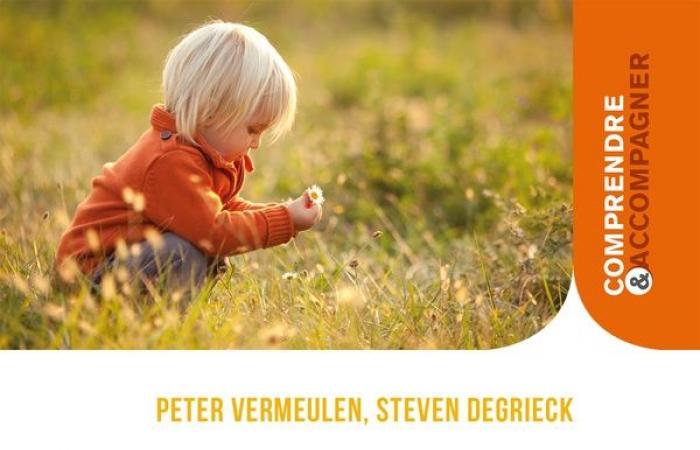Discovering that your child has autism raises many questions and triggers feelings of uncertainty. How to better understand your child? What are the best ways to support him in his development? These very legitimate questions lead many parents to seek reliable resources to help them navigate the complex world of autism. But, fortunately, there is no shortage of literature on the subject. Whether you are looking for practical advice for everyday life, clear scientific explanations or testimonials, there are books about autismadapted to each need.
We therefore offer you a selection of 8 essential booksspecially chosen for their usefulness and relevance. Whether you are a parent, teacher or educator, these books will provide you with concrete answers and allow you to better understand the specificities of the autism spectrum.
1. “Becoming an Expert Parent” by Olga Bogdashina
Olga Bogdashina is a renowned professor of autism studies and mother of an autistic child. In “Become an expert parent”she shares her transformation journey from a confused mother to a true autism expert. Thanks to her experience as a teacher, researcher and speaker, she addresses essential questions related to sensory perceptions and the difficulties encountered by autistic children.
The book is structured around personal stories that resonate with parents’ experiences. Olga Bogdashina offers them practical solutions to the problems they encounter on a daily basis. She offers ideas and tips for making the world more accessible and comfortable for these special children. By integrating concrete examples from her family life and her work with students with ASD, she illuminates the sensory world of autism.
2. “Autism in children: Detect, understand and support my child” by Myriam Bost


In this book, Myriam Bost, parental coach and specialized psychologist, offers parents a practical guide to better understand and support their autistic child. In ” Autism in children: Detecting, understanding and supporting my child », it addresses essential questions. How to recognize a child showing signs of autism spectrum disorder (ASD)? What steps should I take to obtain a diagnosis?
The book then offers concrete advice for managing everyday life, including emotional crises. But also strategies to stimulate the child’s autonomy and help them navigate social codes. Through clear examples and child profiles, Myriam Bost provides valuable tools to promote appropriate support.
3. “Understanding Autism for Dummies” by Stephen Shore and Linda Rastelli, adapted in France by Josef Schovanec and Caroline Glorion
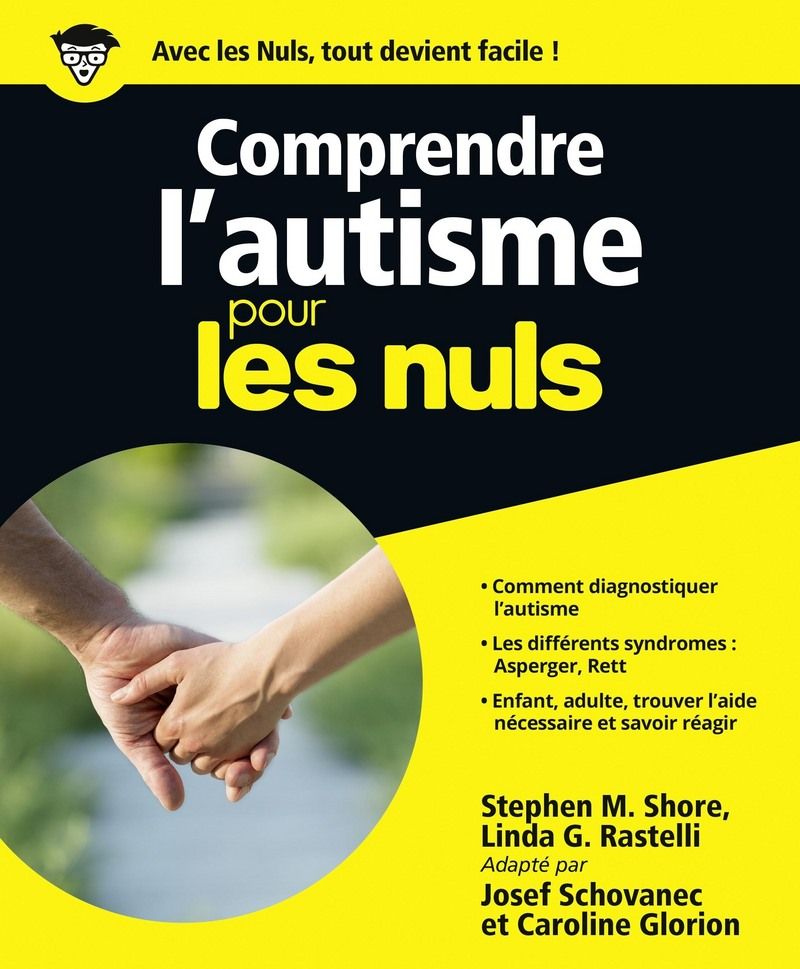

“Understanding Autism for Dummies” is a practical guide intended for families and loved ones of autistic children or adults. This book simply offers an accessible and informative approach to autism.
The authors explore the different types of autism spectrum disorders, available treatments and support methods. Through authentic stories and practical advice, they help readers better understand the challenges faced daily by autistic people and their families. This book also covers necessary topics such as social difficulties, the specific needs of autistic children and adults and the resources available for support.
4. “Autism – The transition to adulthood” by René Pry, Eric Pernon and Dominique Fiard
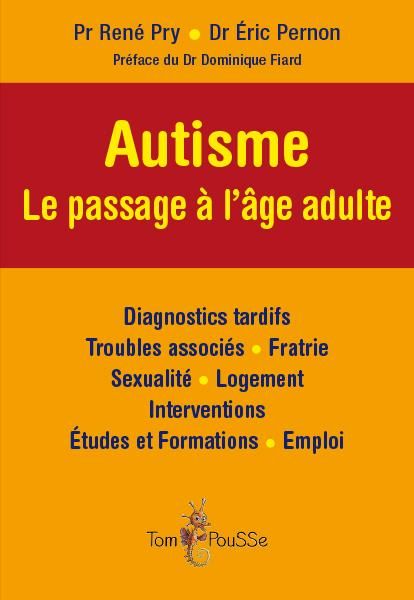

“Autism – The transition to adulthood” addresses an often complex stage for autistic people and their families. This book explores the difficulties linked to the transition to adulthood, marked by personal and environmental transformations.
The authors, René Pry, Eric Pernon and Dominique Fiard, examine neuropsychological and somatic changes in adolescence. As well as the clinical evolution of the disorders, which can be associated with other psychopathologies such as anxiety or depression. The book also discusses the consequences of late diagnosis, although this is rare.
Beyond internal changes, the transition to adulthood also involves adaptations to new realities: search for training, employment, housing or a partner. Social norms and societal expectations require mobilization of loved ones, educators and employers, while advocating for legislative and societal adjustments. This book then helps those around them find answers.
5. “Autism explained to non-autistic people” by Brigitte Harrisson, in collaboration with Kim Thúy
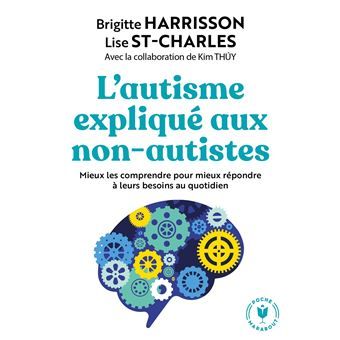

“Autism explained to non-autistics” is a work that aims to demystify autism spectrum disorder (ASD) through an innovative approach. The authors, Brigitte Harrisson, autistic, and Kim Thúy, mother of an autistic child, draw on their personal and professional experiences to offer an enriching perspective on the autistic condition.
The book addresses around fifty concrete questions. It therefore allows us to better understand the daily needs of autistic people. The authors share insights from neuroscience and their clinical research. They also offer practical advice for interacting effectively with autistic people.
The book explains in an accessible way that the autistic brain works differently from that of a neurotypical. It is described as an associative brain that connects elements in unique ways, taking longer to process information.
Using a question-and-answer format, “Autism explained to non-autistics” allows readers to experience the autistic condition from the inside. A guilt-free, enlightening book offering an invitation to reconnect with oneself while developing a deeper understanding of autistic people.
6. “Listening to autism” by Anne Idoux-Thivet
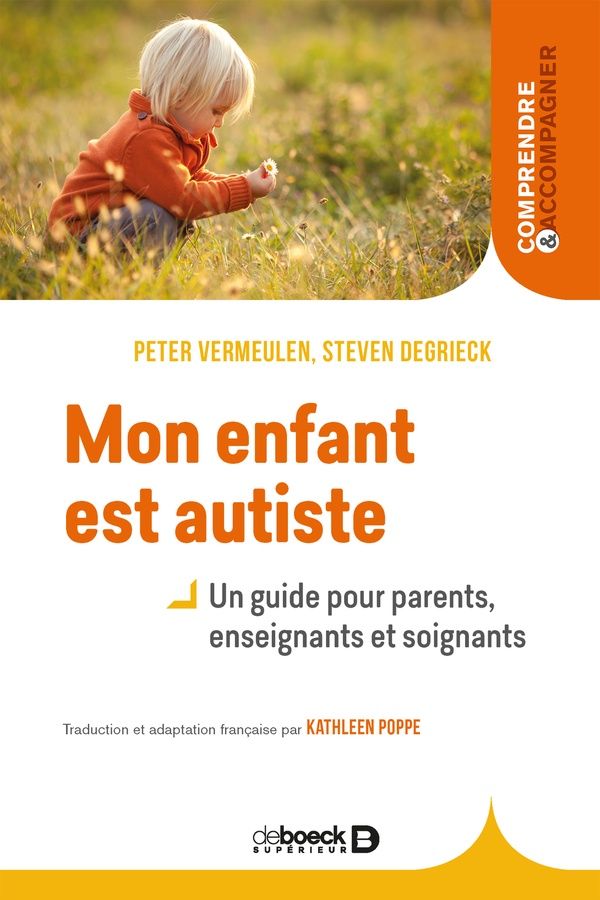

“Listening to Autism” is a poignant testimony written by Ane Idoux-Thivet, the mother of Matthieu, a little autistic boy. This work takes place in a context where the care of autistic children gives rise to lively debates in France. Oppositions between educational methods and psychiatric approaches are frequent. And relationships between parents and caregivers can be strained. Ane Idoux-Thivet seeks to reconcile these two perspectives by proposing an integrative approach enriched by advances in neuroscience.
The story is presented in the form of a ABCcomposed of 26 key words such as “Support”, “Ball”, “Dramatize”… These words illustrate daily life with an autistic child. It addresses ordinary moments like school, snack time and vacations, while questioning deeper themes linked to education and development.
Through a narrative that is both light and serious, the author strives to “play down” the autistic condition. She does not position herself as a lesson giver, but rather as a guide. It is therefore aimed at all parents, caregivers and anyone in contact with autism. The book encourages us to tame autism rather than fight it, emphasizing the importance of play and interactions to help children emerge from their isolation.
7. “My Child Has Autism: A Guide for Parents, Teachers and Caregivers” by Steven Degrieck and Peter Vermeulen


“My child is autistic” is a guide written by Steven Degrieck and Peter Vermeulen, recognized experts in the field of autism. This book aims to enlighten parents, teachers and caregivers on the characteristics of autism spectrum disorders.
The authors answer the most common questions from parents of autistic children and adolescents. It thus facilitates a better understanding of autistic thinking and behavior. By separating myths from realities, this guide helps navigate the range of theories about the origins and treatments of autism.
Rich in numerous clinical vignettes, Steven Degrieck and Peter Vermeulen also offer psychoeducational support for autistic children. They offer concrete ideas for improving children’s daily lives, affecting areas such as language, learning, cleanliness and nutrition. This book is a valuable tool for all those who deal with autism on a daily basis.
8. “100 ideas for supporting a child with autism” by René Pry
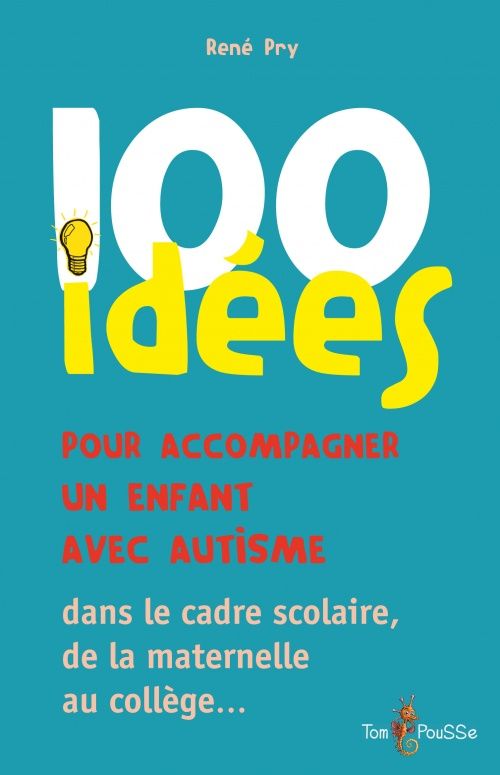

In “100 ideas for supporting a child with autism”René Pry addresses the reality of the 120,000 autistic children and adults living in France. This work, published in 2012 during the “year of autism”, takes stock of the situation and proposes practical solutions to improve care.
The author starts from the principle that every autistic child, like every child, has the right to education and access to knowledge. Although this principle is simple, its implementation proves complex due to the diversity of manifestations of autism.
This book presents 100 concrete ideas for:
- To accompany et advise people caring for autistic children, especially parents.
- Accurately identify the difficulties encountered by the child, both developmentally and contextually.
- Explain the disorder to caregivers in a clear and accessible way.
- Arrange the environment to facilitate the child’s daily life.
- Promote adapted learning.
- Prevent worsening difficulties.
René Pry insists on the fact that autism should not be seen only from the angle of its disabling aspects. For him, it is a different developmentwhere children must have access to culture and education, while respecting their particularities. This involves filtering and tailoring information to their specific needs.
Written by an experienced psychologist, this book offers recommendations and suggestions based on years of observation and practice. Each idea is designed to meet the expectations of parents, caregivers and teachers. With the sole aim of facilitating the support of autistic children in their educational journey.
Essential books
These books on autism offer varied perspectives and practical advice. They help parents, educators and professionals to better understand and support autistic children. By relying on these resources, you will be able to enrich your knowledge. But also implement appropriate strategies to promote the development and well-being of each child.
Article to read to deconstruct the prejudices surrounding autism: ASD: 12 false beliefs about autism


